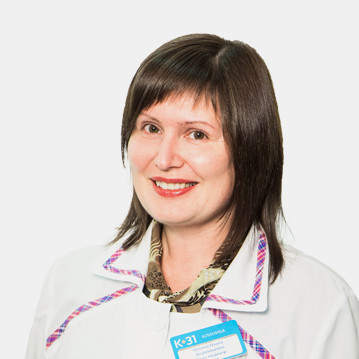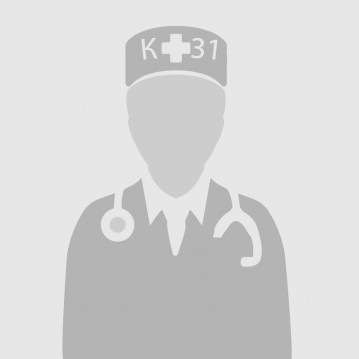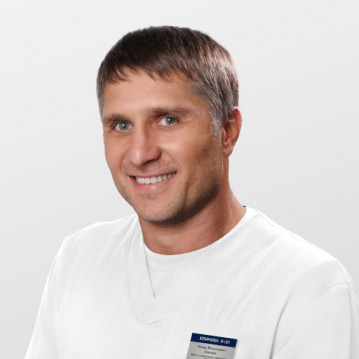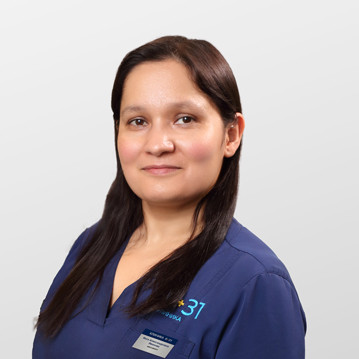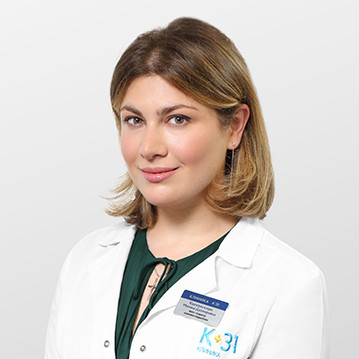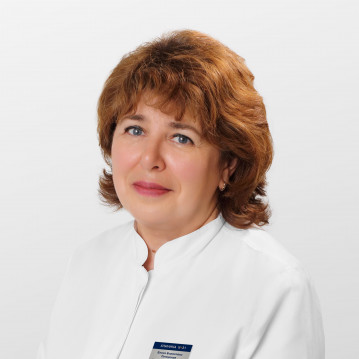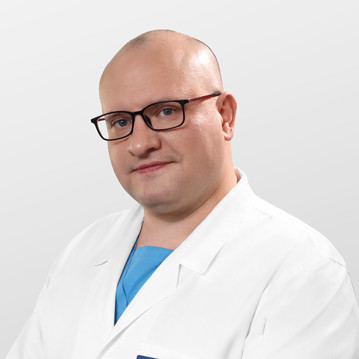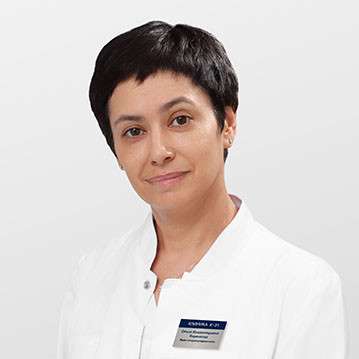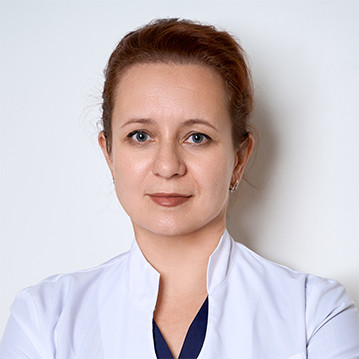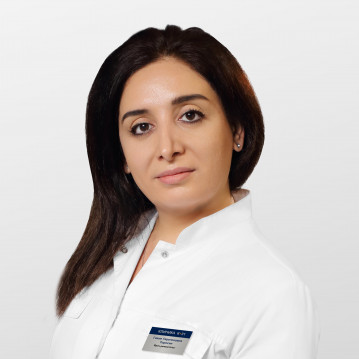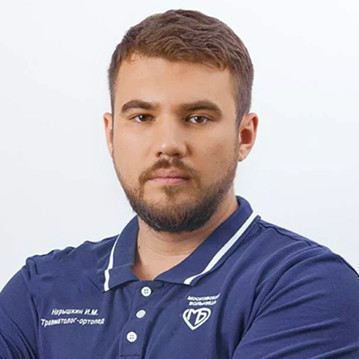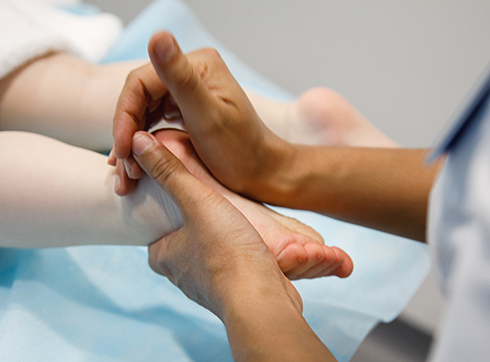
A doctor who deals with surgical treatment of children from birth until the age of 14 is called a pediatric surgeon. His responsibilities include conducting consultations, making a diagnosis, prescribing and conducting surgical intervention, and following up the rehabilitation process of the operated child.
When to contact a pediatric surgeon
What symptoms and signs should be the reason for contacting a pediatric surgeon?
- sharp pains in the tummy;
- injuries of a different nature;
- violation or restriction in the movements of the arms or legs;
- nail ingrowth;
- inflammatory processes in the soft tissues;
- in boys: the presence of an empty scrotum, or a difference in size;
- the appearance of neoplasms;
- symptoms of inguinal or umbilical hernia;
- signs of dropsy of the testicle, when one or two halves of the scrotum increase in size;
- signs of balanoposthitis - inflammation of the foreskin due to synechia (fusion);
- signs of phimosis - the inability to open the glans penis;
- the phenomenon of cryptorchidism (undescended testicle in the scrotum);
- testicular torsions or hydatids (testicular fat suspension);
- inflammatory processes in the testis and epididymis;
- sudden bouts of nausea and vomiting;
- the presence of chronic constipation in the child, accompanied by soreness.
If suspicious symptoms are found in a child, do not delay visiting a doctor. Sometimes timely consultation can help cure the disease without resorting to surgery.
What tests should be taken when contacting a pediatric surgeon
In the event that you are leading your child for a consultation, preliminary tests are not required. If necessary, the doctor himself will prescribe studies.
If your baby is being prepared for surgery, there is a standard list of necessary tests, which can be supplemented by the attending pediatric surgeon, depending on the reason for the surgical intervention. The standard list of studies includes:
- conducting a general analysis of blood and urine;
- blood donation for HIV infection;
- blood for the Wasserman reaction;
- blood for hepatitis B and C;
- electrocardiography;
- consultation of a cardiologist and pediatrician.
A complete list of required tests must be obtained from your doctor.


